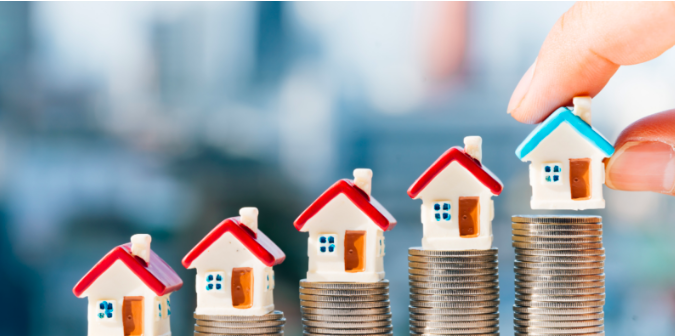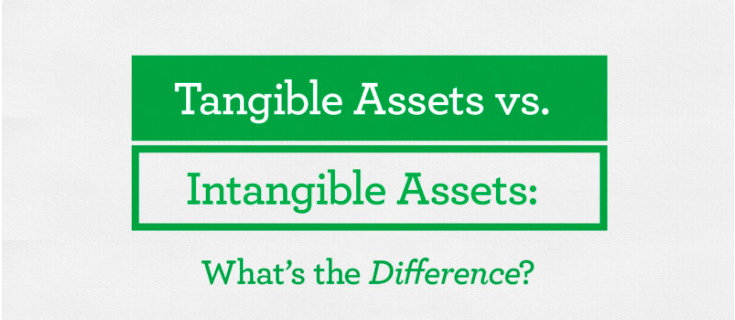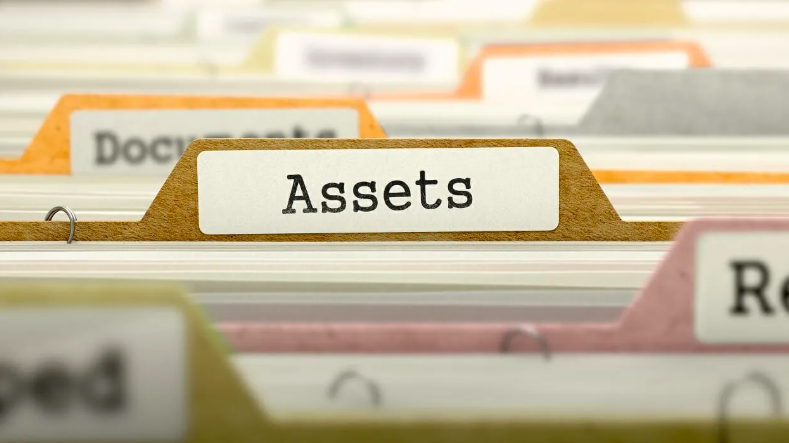
What Factors Decrease a Property’s Market Value Over Time?
Owning property is often seen as a reliable way to build wealth, but not all properties automatically increase in value. In reality, several factors can cause a property's market value to decline over time if not properly managed or if external conditions change.
In this article, we explore the main reasons a property might lose value and what you can do to protect your investment.
1. Poor Property Maintenance
One of the most common reasons for a drop in property value is lack of maintenance. When a building is not regularly:
Repainted
Repaired
Cleaned
Upgraded
…it can quickly show signs of wear and tear. Deteriorating features like leaking roofs, faulty wiring, broken tiles, and peeling paint can push buyers or tenants away.
Tip: Regular maintenance and timely repairs preserve a property's appearance and functionality, helping retain its market value.
2. Location Deterioration
A property’s value is heavily influenced by its neighborhood. If the surrounding area experiences:
Rising crime rates
Poor road conditions
Decrease in local amenities
Environmental degradation (like flooding or erosion)
…the property's desirability—and therefore its value—will likely fall, even if the property itself is well maintained.
Tip: Stay informed about local developments and community initiatives that could impact your property's surroundings.
3. Outdated Features and Design
Trends in home and office design evolve. A property that looks modern today may seem outdated in 10 or 15 years. Features like:
Old kitchen layouts
Outmoded bathrooms
Small windows
Poor energy efficiency
…can make a property less appealing to new buyers.
Tip: Periodic updates that match modern living standards can protect your property's competitiveness in the market.
4. Economic and Market Conditions
Broader economic factors such as:
Inflation
Interest rate hikes
Economic recessions
Oversupply of similar properties
…can reduce demand, pushing property values down even if the property itself remains unchanged.
Tip: Monitor economic trends and consider strategic timing when buying, selling, or upgrading your property.
5. Legal or Title Issues
If a property has unclear ownership, encumbrances, or unresolved title disputes, its marketability—and by extension, its value—plummets. Buyers shy away from properties with legal complications.
Tip: Ensure that your property's documentation is clear, updated, and legally sound at all times.
6. Environmental Risks
Properties located in areas prone to:
Flooding
Erosion
Pollution
Natural disasters
…face a higher risk of value decline. Environmental concerns can also increase insurance costs and discourage buyers.
Tip: Invest in protective measures (such as flood-proofing) if you are in a high-risk zone, and highlight any resilience features during resale.
7. Oversupply of New Developments
When many new properties are built in the same area, particularly if they offer more modern features at competitive prices, older properties may struggle to maintain their value.
Tip: If you own property in a fast-developing zone, consider periodic upgrades or marketing your property to niche audiences (e.g., those who prefer mature neighborhoods).
Conclusion
Property values are influenced by a combination of physical condition, location quality, market forces, and legal clarity. Being proactive in maintaining and managing your property—and staying informed about external risks—can help you avoid or minimize value depreciation over time.
Protect your investment today so it continues to reward you tomorrow.

 April 28, 2025
April 28, 2025



